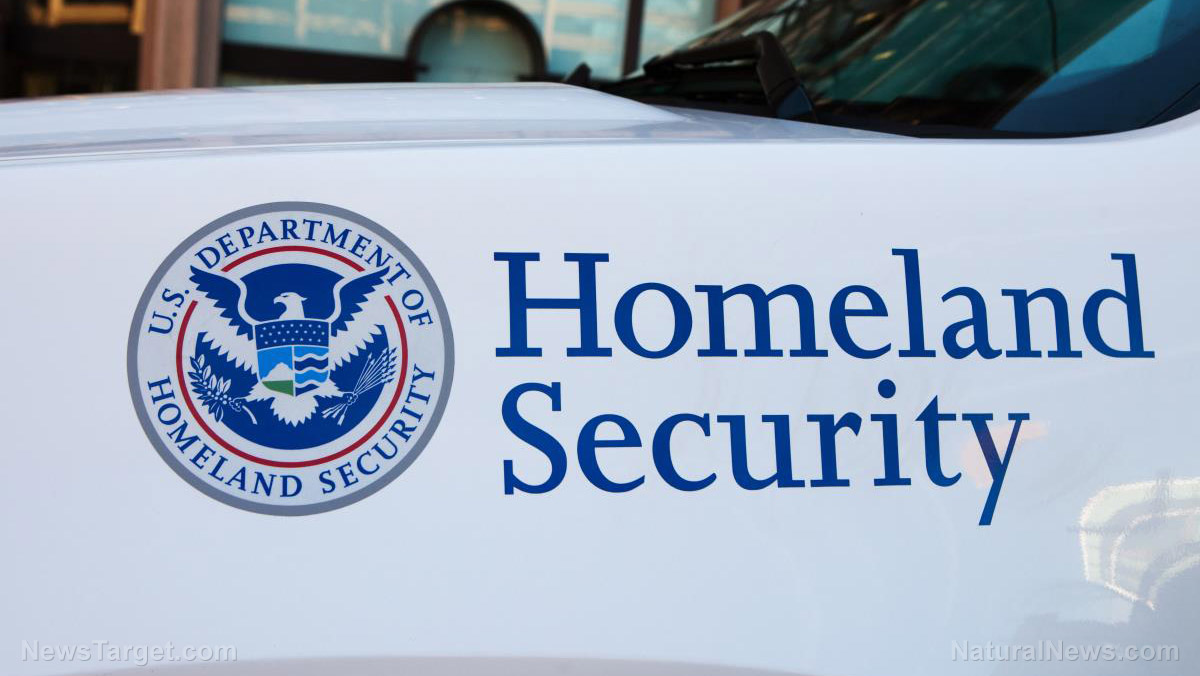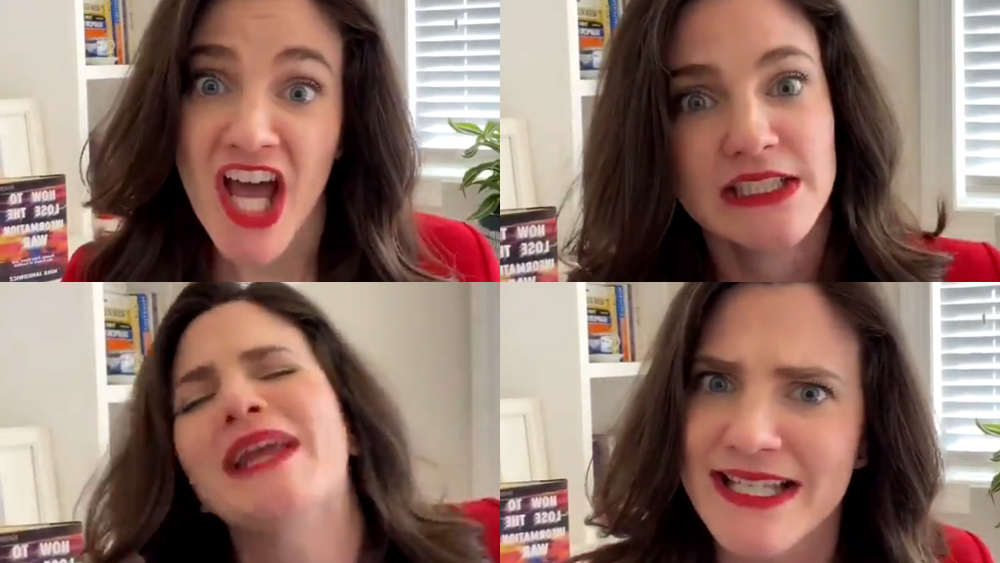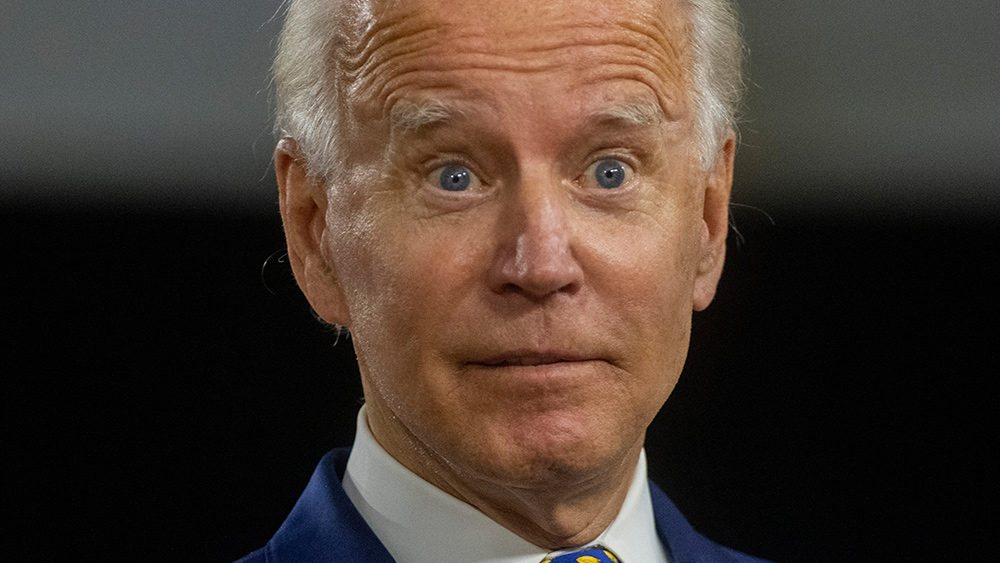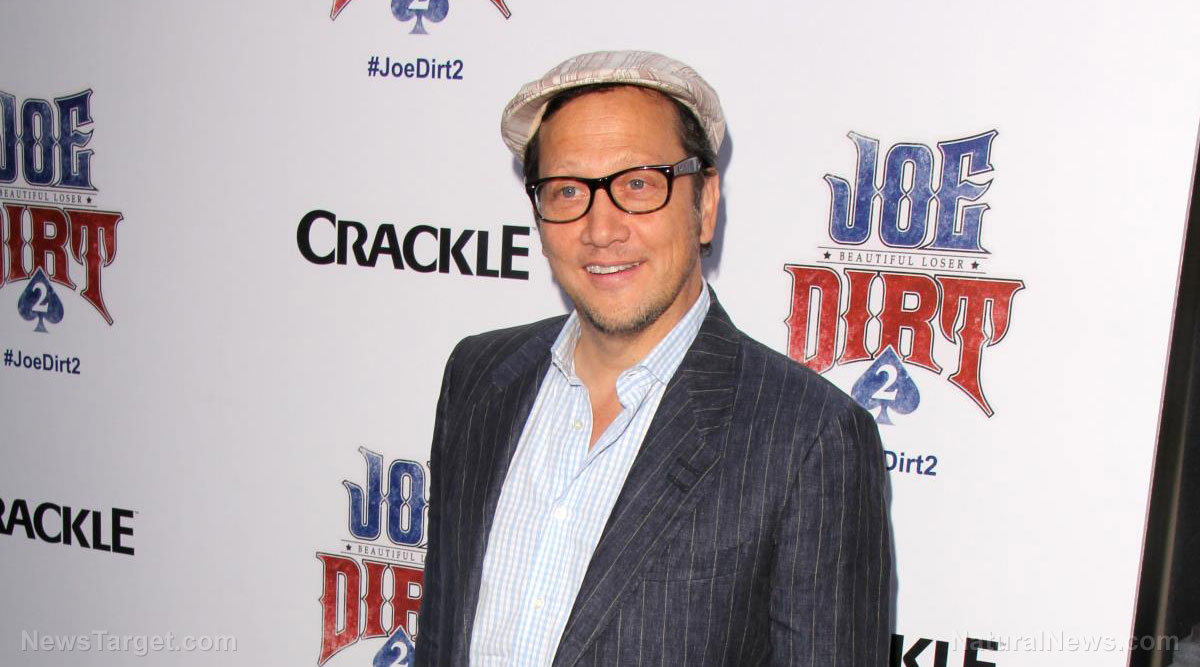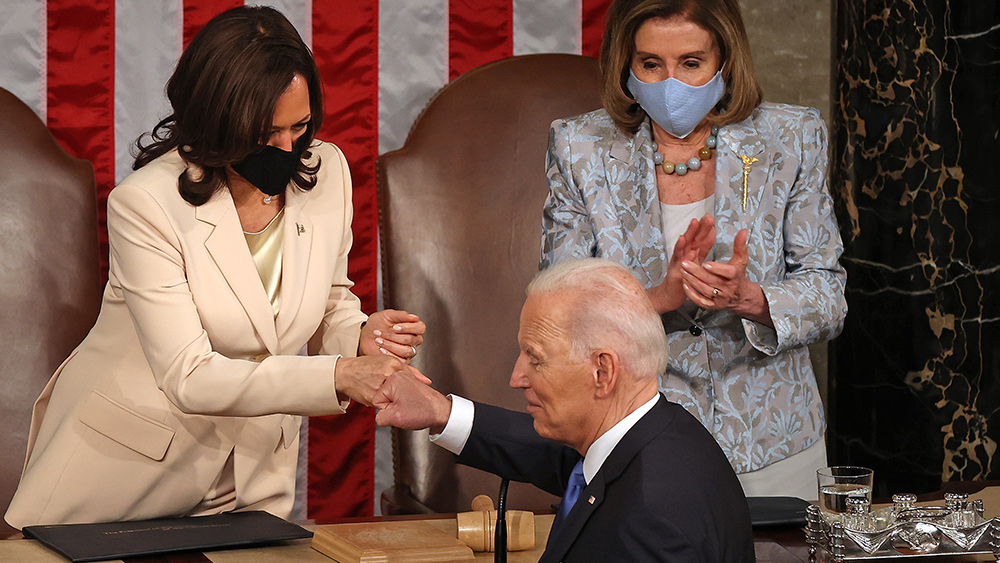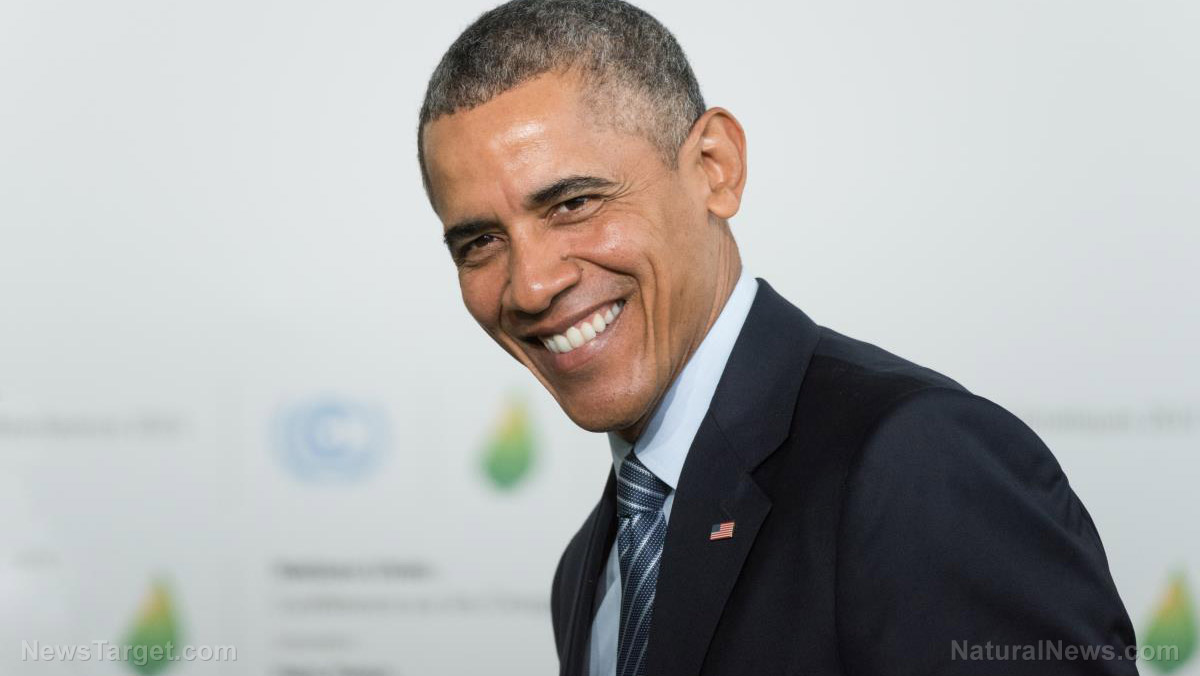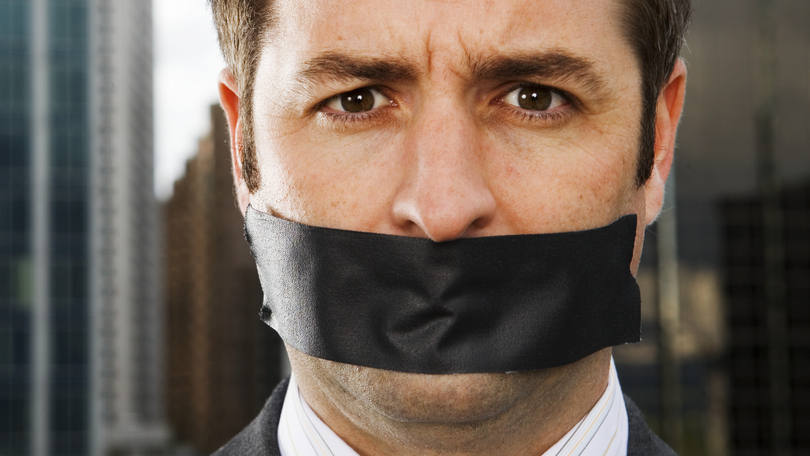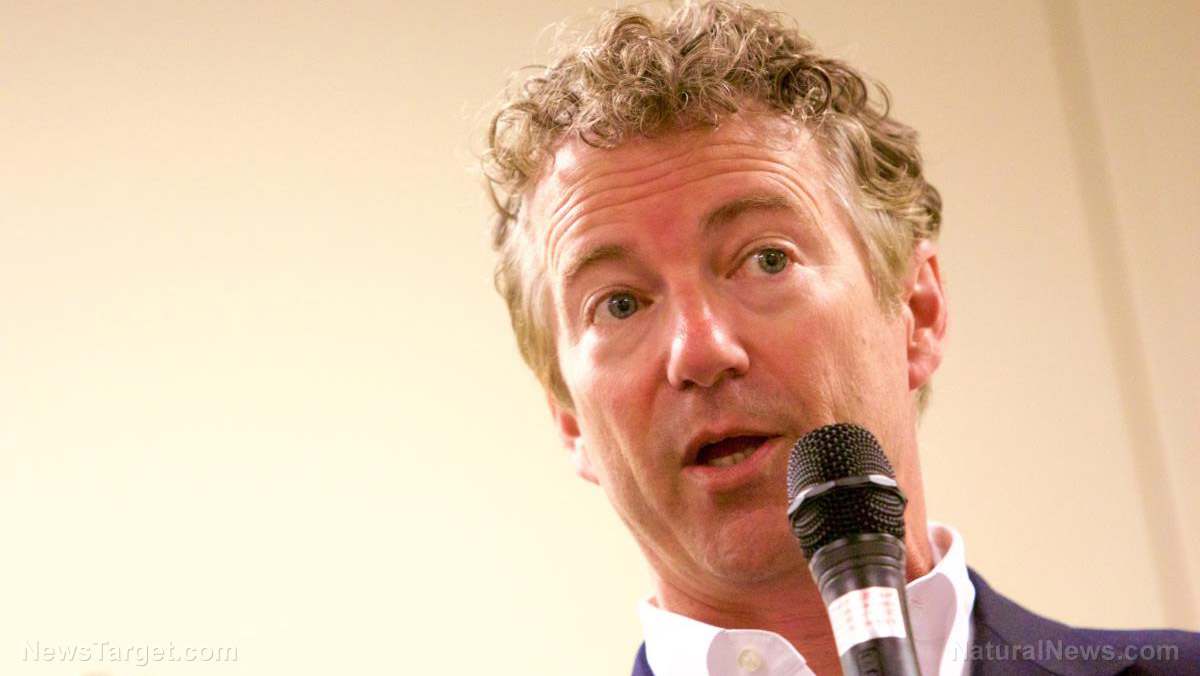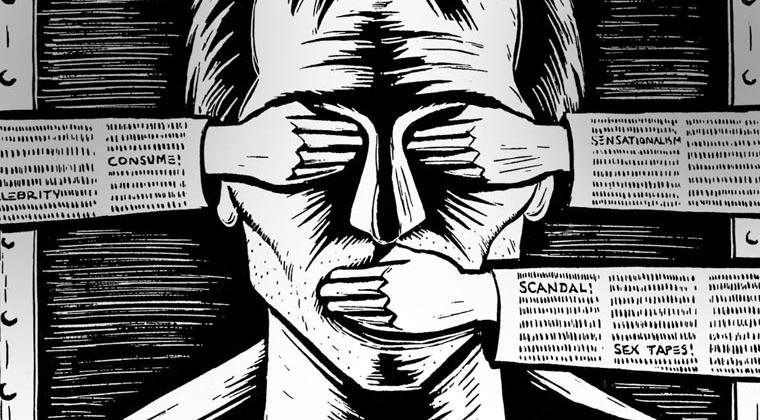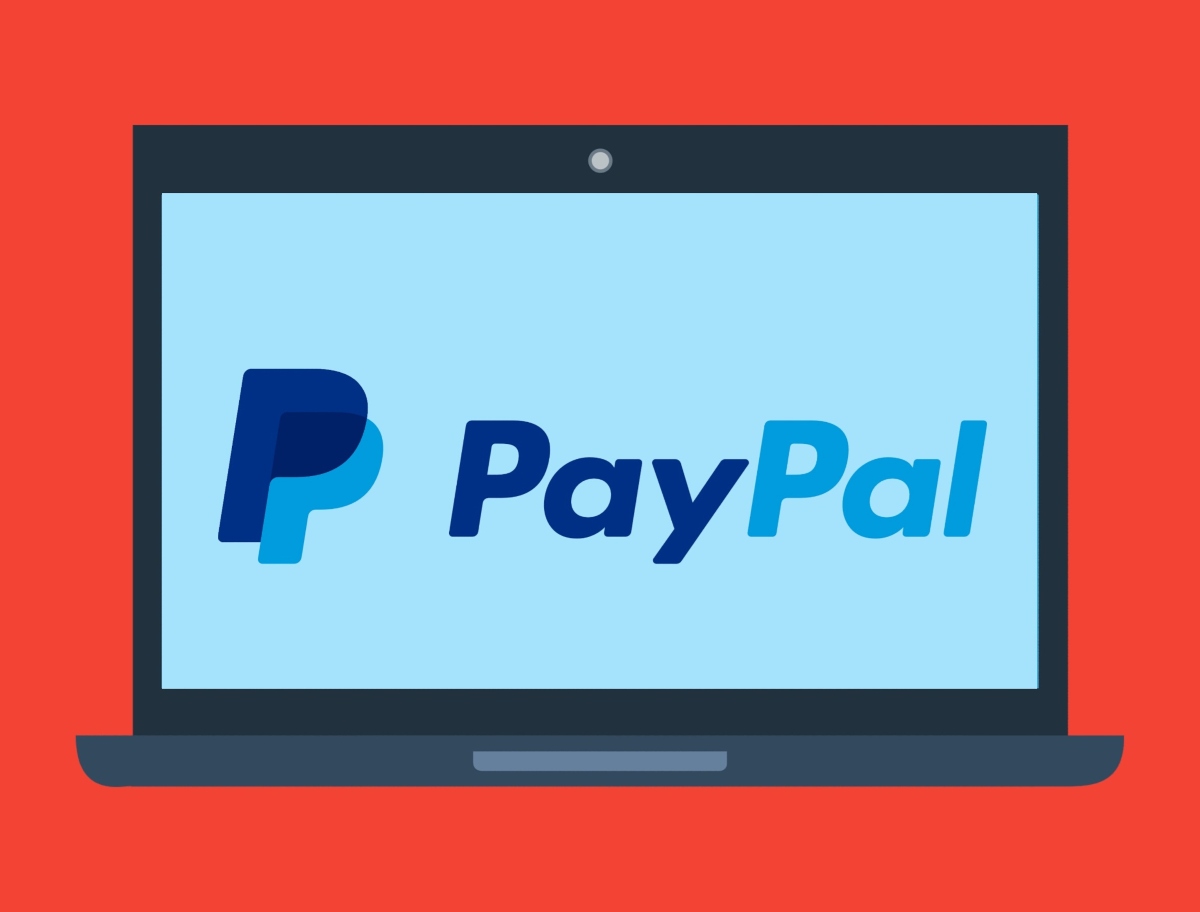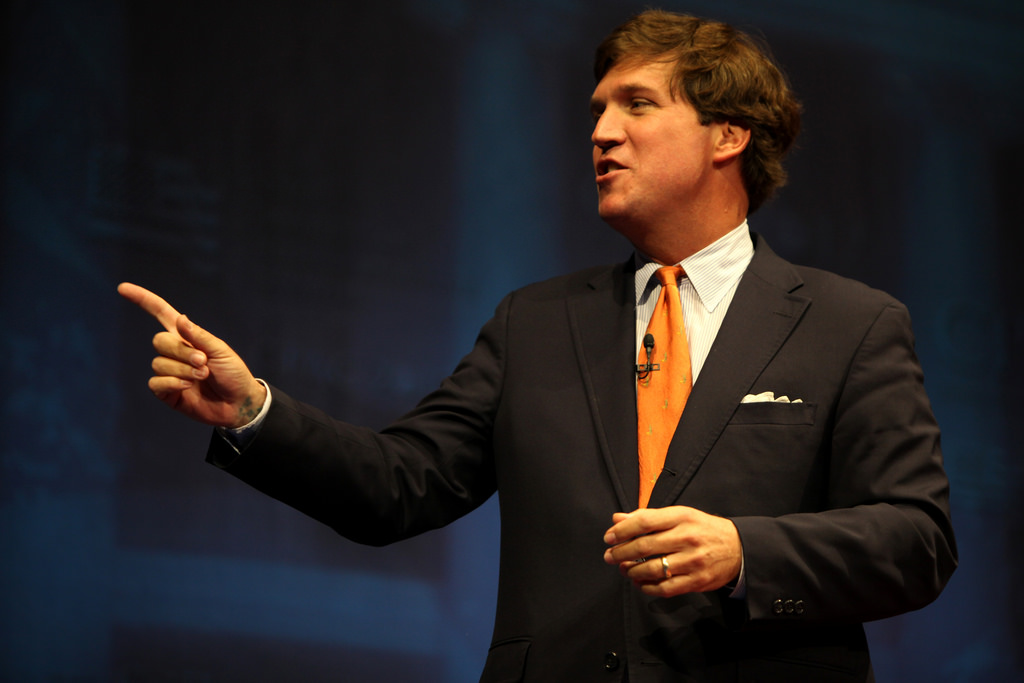US Attorney General to address Section 230, an outdated legal protection that has emboldened Big Tech’s censorship
05/18/2020 / By Lance D Johanson

Social media companies are currently allowed to censor any term, idea, or discussion that they don’t want on their platform. Big Tech has the power to ban anyone and any business they don’t like, whose ideas they don’t want to be heard. This censorship can be disguised as stopping “misinformation” or halting “hate speech.” Social media companies are allowed unlimited power to censor, block and ban people based on Section 230 of the Communications Decency Act, passed in 1996.
Section 230 is outdated and does not provide protections for people who are censored for political or profit-driven reasons
According to Section 230: “No provider or user of an interactive computer service shall be treated as the publisher or speaker of any information provided by another information content provider.”
Furthermore, “no provider or user of an interactive computer service shall be held liable on account of: any action voluntarily taken in good faith to restrict access to or availability of material that the provider or user considers to be obscene, lewd, lascivious, filthy, excessively violent, harassing, or otherwise objectionable, whether or not such material is constitutionally protected; or any action taken to enable or make available to information content providers or others the technical means to restrict access to material described in paragraph (1).
Under this act, the government gives social media companies the legal liability to act as judge and jury over the content that is shared through their platforms and services. Content reviewers and algorithms can filter out controversial subject matter, interpreting it as “hate speech.” Dissent toward vaccination, for example, can be perceived as harmful to certain industries and social media companies can have this information removed from the platform.
Because social media companies like Facebook, Google, Apple, and Twitter facilitate most of the information that is shared online, these entities have monopolistic control over civil discourse, the spread of ideas, and scientific debate. This power has given these Big Tech companies extraordinary control over the United States democracy and the free enterprise system. Because Big Tech does not charge its users, they monetize their business through targeted advertising. These financial incentives accelerate Big Tech to put their profit and business and political aspirations over people’s privacy and their ability to speak freely.
No social media user is guaranteed their First or Fourth Amendment rights while using these platforms – no right to privacy, no right speak freely. Social media companies have the power to favor the industries and political organizations that they profit from. Any dissent, competition, or political debate may be quashed. For these reasons, social media companies are incentivized to trample individual rights to further their interests and those who advertise with them.
Today, online platforms are essential to Americans lives, often serving as the primary conduit for how people receive and share information. Tech companies are no longer the startup companies that they once were. Section 230 of the Communications Decency Act, passed in 1996, is no longer relevant today. Social media companies are now monopolies, controlling the flow of information. Americans who have been restricted or banned by these platforms have no effective alternatives to speak out and reach other people. People who have been banned have no way to contest their case.
US Attorney General William Barr is currently challenging section 230 and the monopolistic control that Big Tech possesses. Barr understands that antitrust laws alone cannot address these complex issues that threaten free speech on the internet today.
For more on this important topic, visit Censorship.News.
Sources include:
Submit a correction >>
Tagged Under:
banned, Big Tech, Censored, Censorship, essential speech, Hate speech, misinformation, monopolies, political discourse, rigged, targeted advertising, tech giants, thought control
This article may contain statements that reflect the opinion of the author
RECENT NEWS & ARTICLES
COPYRIGHT © 2017 CENSORSHIP NEWS

